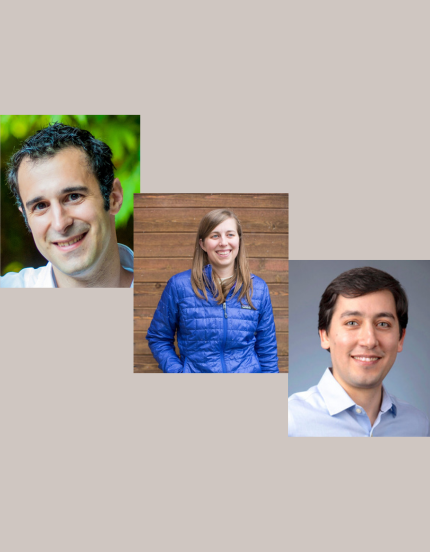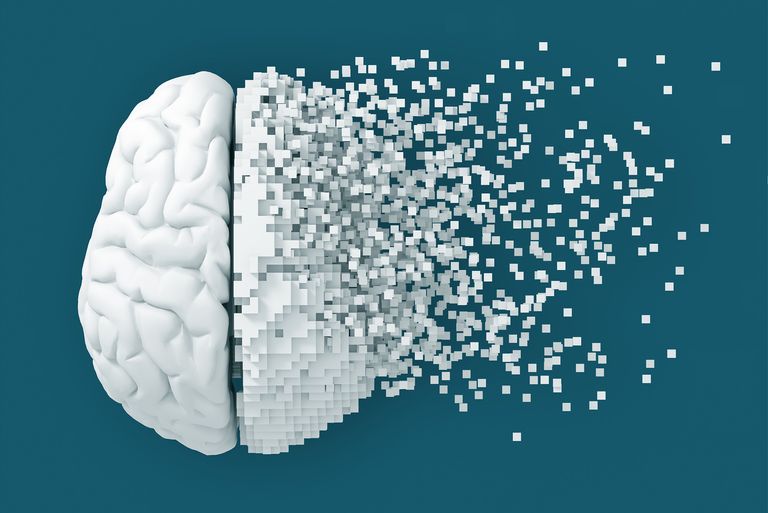A New Path to Restoring Vision: Chen Yang’s Lab Develops Flexible Retinal Prosthesis
Chen Yang has led research that can revolutionize the quality of life for blind patients through high precision retina stimulation.
BU BME neural engineering faculty build molecular and photonic tools to study the brain; investigate the quantitative neurophysiology underlying brain and nervous-system function in humans and other species; develop computational models that guide our understanding of brain function; work to understand and treat neurological disorders; and advance methods by which we can help repair the brain and restore neurological function in patients.
Activities in neural engineering take advantage of BU’s great strength in photonics and imaging, basic neuroscience, data sciences and computing, neurology, and cell-and-tissue engineering.

Chen Yang has led research that can revolutionize the quality of life for blind patients through high precision retina stimulation.

Remembering Professor Lucia Vaina, a brain science pioneer. a brilliant mentor, and one of our original faculty members.

Are cognitive processes, such as planning an errand or trying to recall a name, separable from related muscle movements?

Neuroscientist Matthias Stangl will be joining the Boston University Department of Biomedical Engineering, the Neurophotonics Center (NPC), the Center for…

Michael Economo, Hadi Nia, and Alyssa Pierson received Faculty Early Career Development Program (CAREER) awards from the National Science Foundation…

Yang, Joseph-McCarthy, Dunlop elected to prestigious biomedical society

In the fight to treat ovarian cancer, innovative chemical imaging techniques developed by Professor Ji-Xin Cheng (ECE, BME, MSE) are…

Researchers at Boston University have developed a new tool that could automate the process and, eventually, allow it to move…